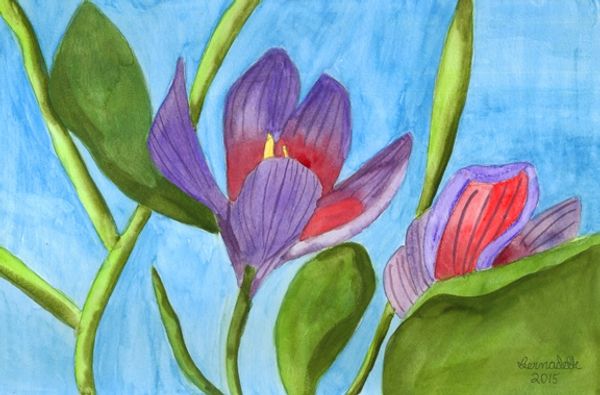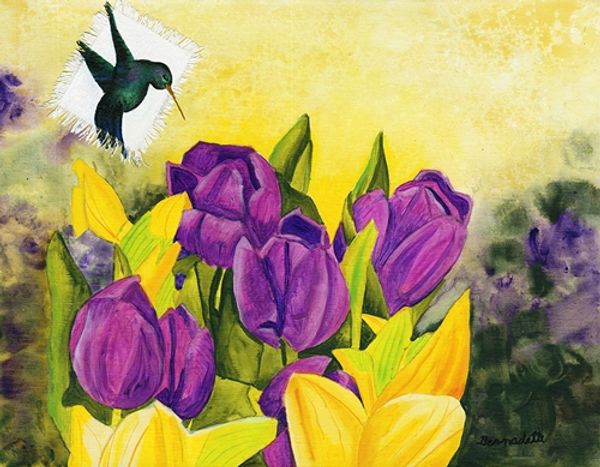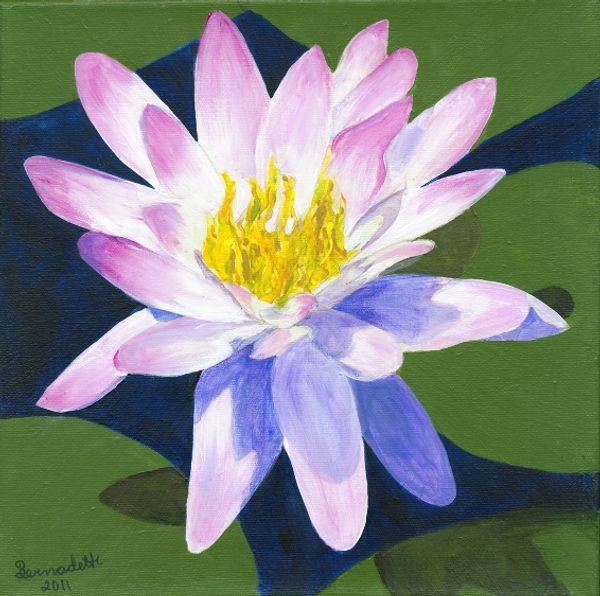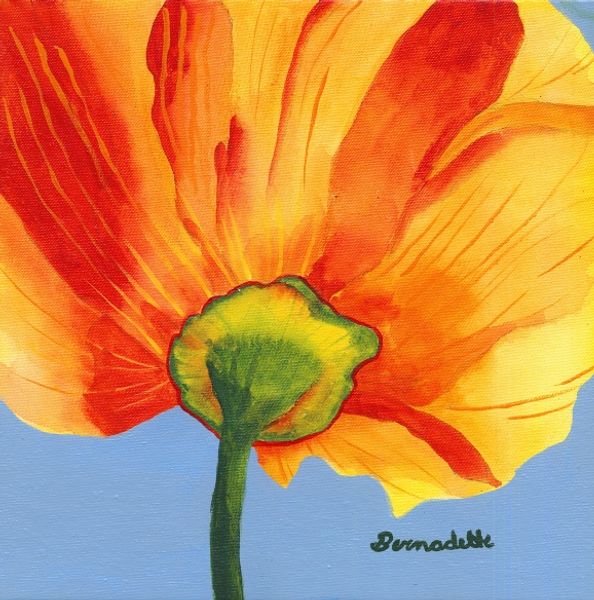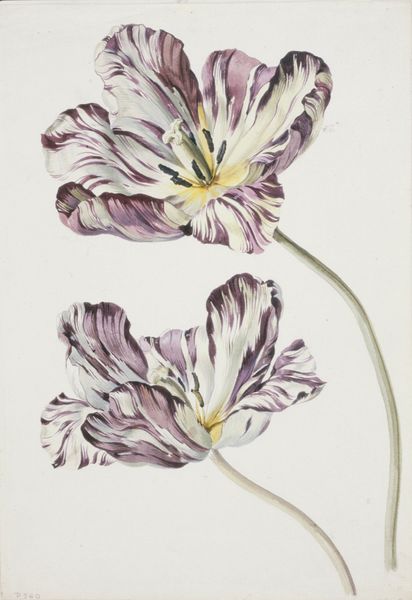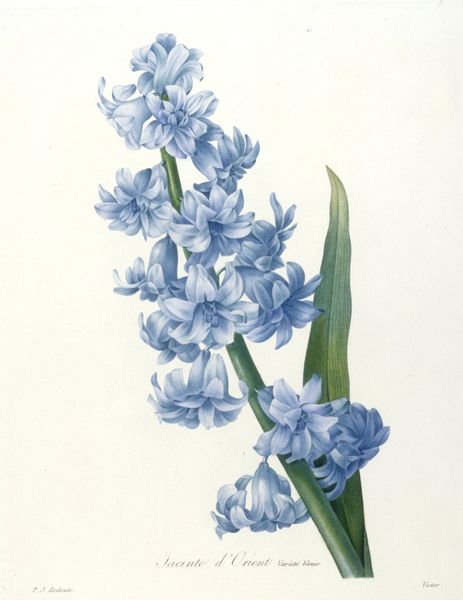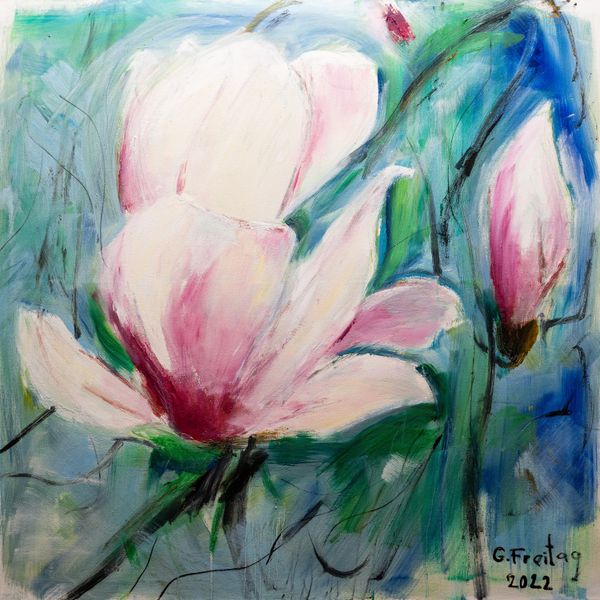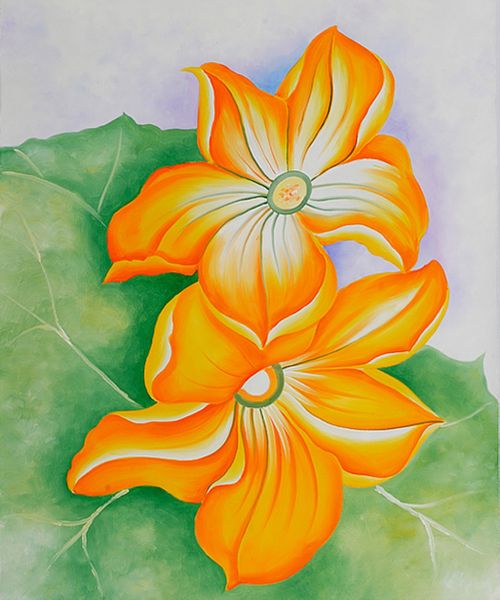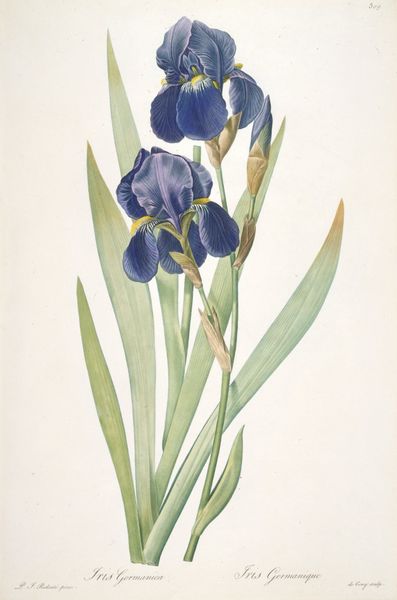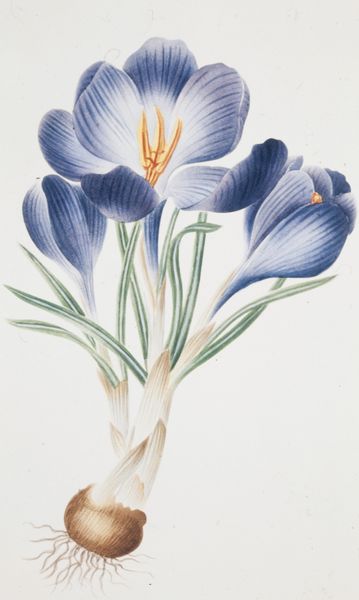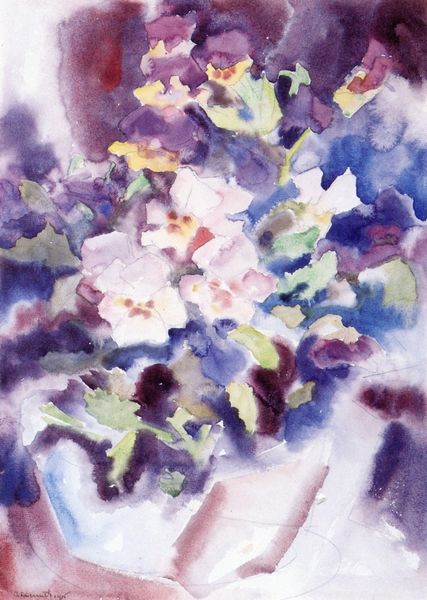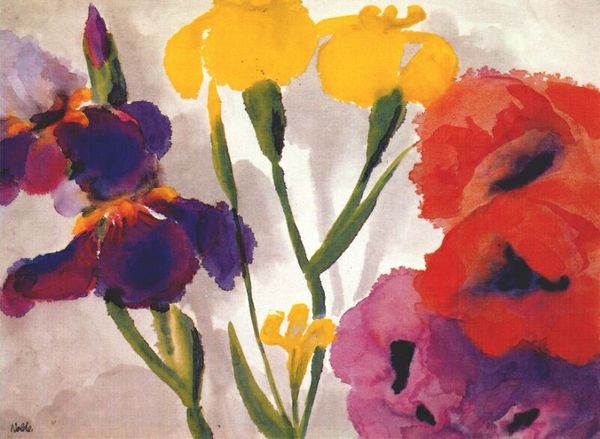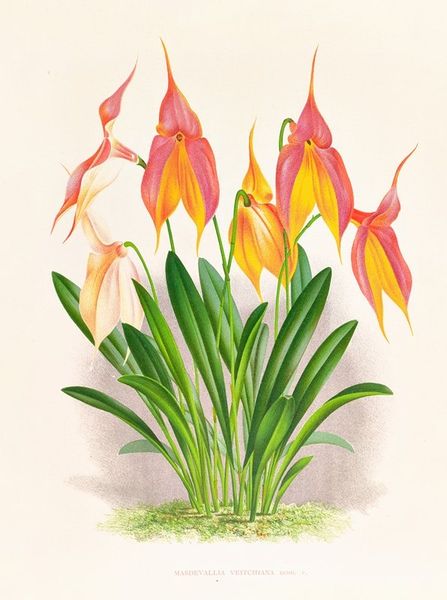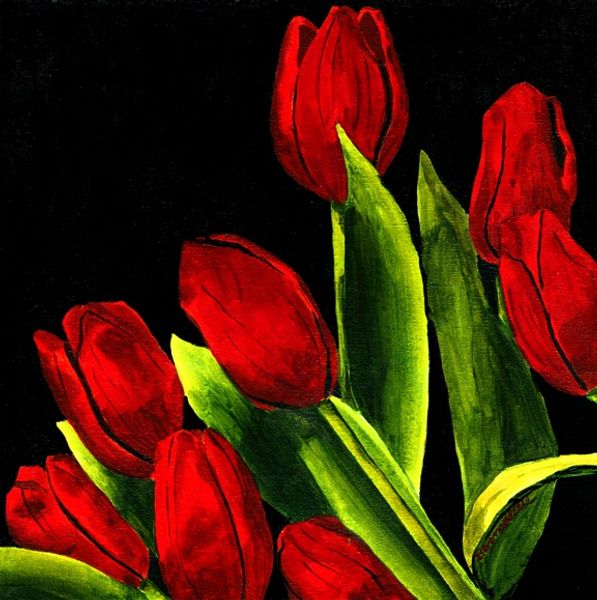
painting, watercolor
#
painting
#
flower
#
watercolor
#
floral photography
#
botanical art
Copyright: Bernadette Resha,Fair Use
Curator: Bernadette Resha created "Morning's Glory" in 2014, using watercolor to capture these luminous blossoms. What are your first thoughts? Editor: The translucent layers of pigment give these crocuses such an ethereal quality. It's quite soft and serene, almost like looking at a memory. The negative space around the blooms really intensifies that effect. Curator: Precisely, and think about the symbolic weight flowers carry within artistic traditions, from vanitas paintings reminding us of mortality to Georgia O’Keeffe's explorations of feminine power. Does Resha’s approach echo these predecessors, or diverge? Editor: There’s certainly an echo, especially with vanitas—the fragility and transience inherent in watercolor mirrors the fleeting beauty of the flower itself. But unlike O'Keeffe, Resha seems less interested in overt symbolism and more focused on capturing the essence of light interacting with form. Notice the gradation of purples and blues, each petal a miniature study of luminosity. Curator: The socio-political context does come into play here. Consider the rising interest in botanical art, both as a reaction against increasing urbanization and an aesthetic movement emphasizing environmental consciousness. Resha's focus on detail highlights our contemporary longing for connection with the natural world, doesn't it? Editor: It does, and those meticulously rendered petals draw me in—a superb exercise in restraint and technical skill. The wet-on-wet technique contributes to its dreamy effect, softening edges and allowing the colors to subtly blend into one another. Curator: I see this piece as speaking to our era's anxiety regarding ecological balance. Art like "Morning's Glory" perhaps fosters environmental sensitivity by re-presenting the delicate, ephemeral beauty that we risk losing. Editor: It definitely encourages a sustained looking, inviting us to appreciate these often overlooked details. It's in the subtleties of shading and form that the real magic lies, don’t you think? Curator: A quiet, subtle, but ultimately powerful visual statement on beauty and the natural world. Editor: Exactly. Resha’s close observation invites a similar attentiveness in the viewer, so it certainly resonates on a personal and aesthetic level.
Comments
No comments
Be the first to comment and join the conversation on the ultimate creative platform.
